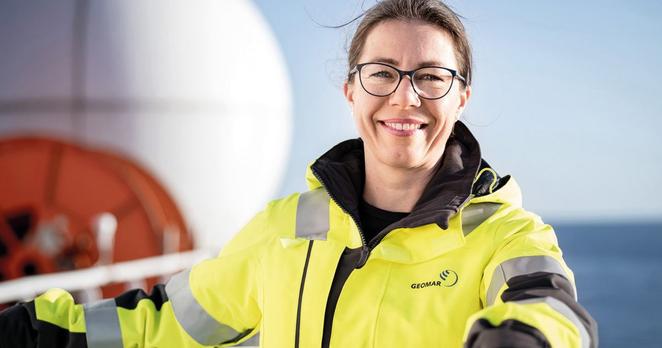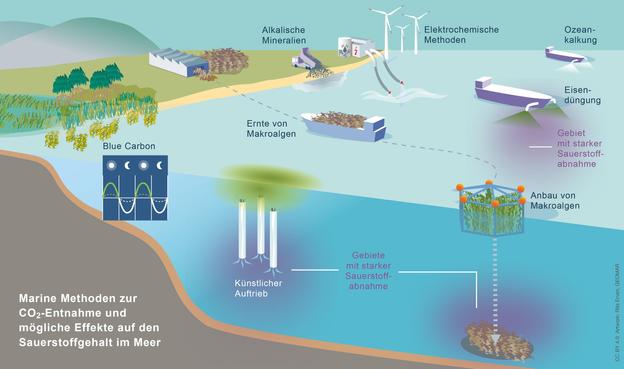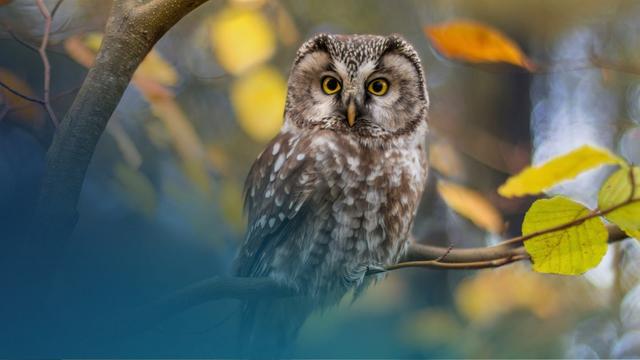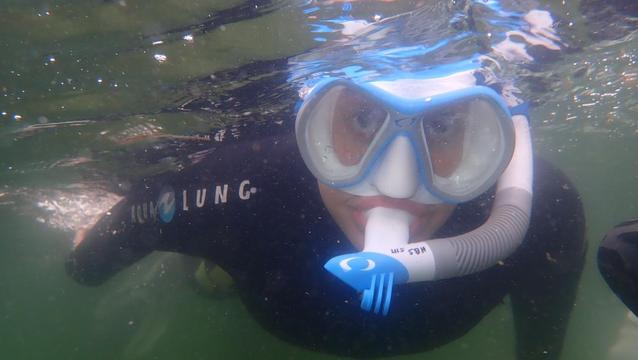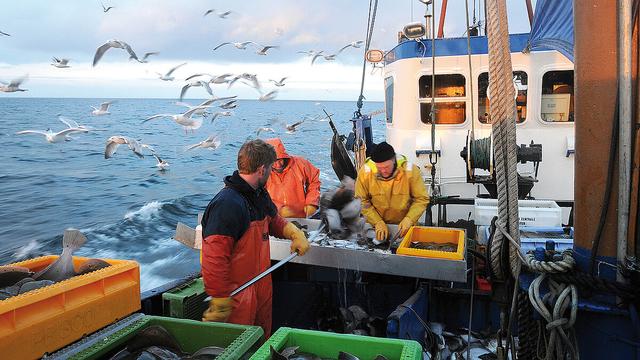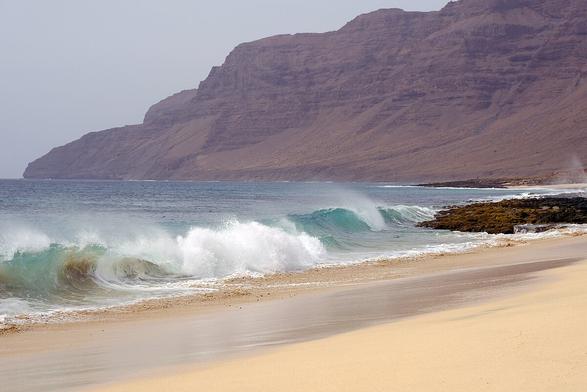Gerade fand in Nizza die dritte UN-Ozeankonferenz der Vereinten Nationen statt, gemeinsam ausgerichtet von Frankreich und Costa Rica.
Im Interview zieht Katja Matthes, Direktorin des @geomar_de, zum Abschluss Bilanz: Sie teilt persönliche Eindrücke, ordnet die zentralen Ergebnisse ein und erklärt, welche Bedeutung sie für den Schutz unserer Meere haben.
Zum Interview: https://www.helmholtz.de/newsroom/artikel/die-un-ozeankonferenz-bringt-nicht-nur-staaten-zusammen/
